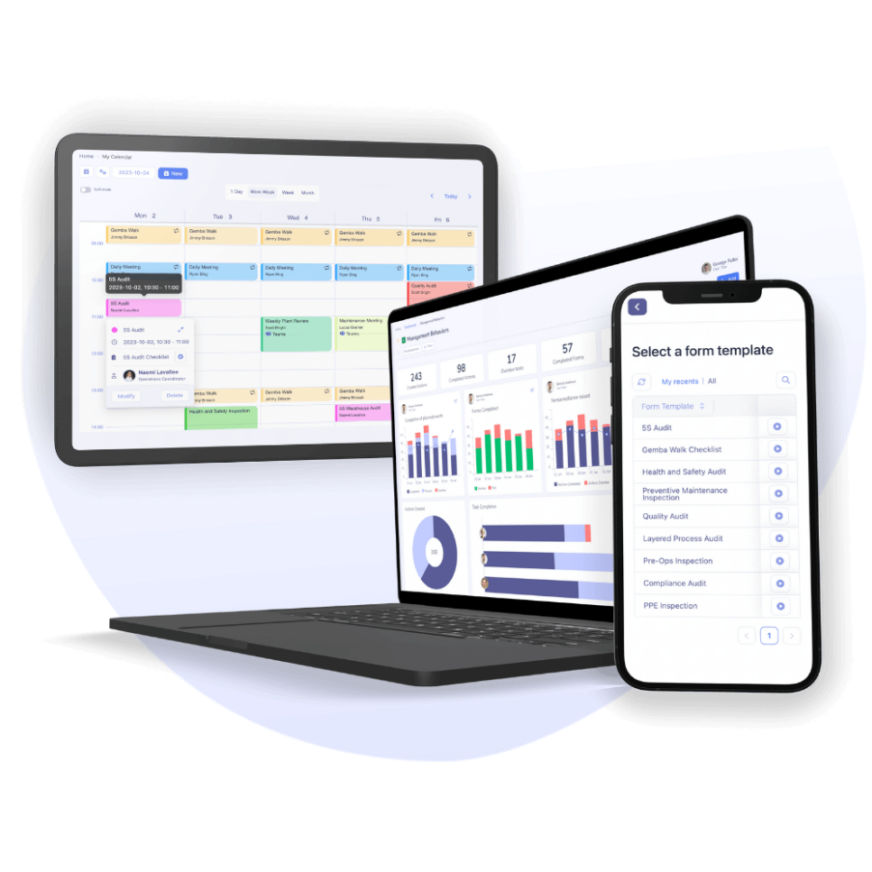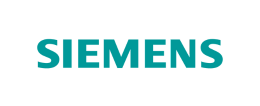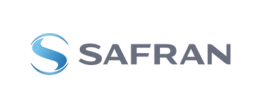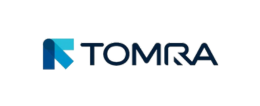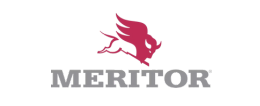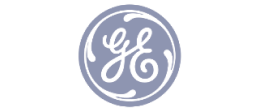Blog
What's new at Tervene
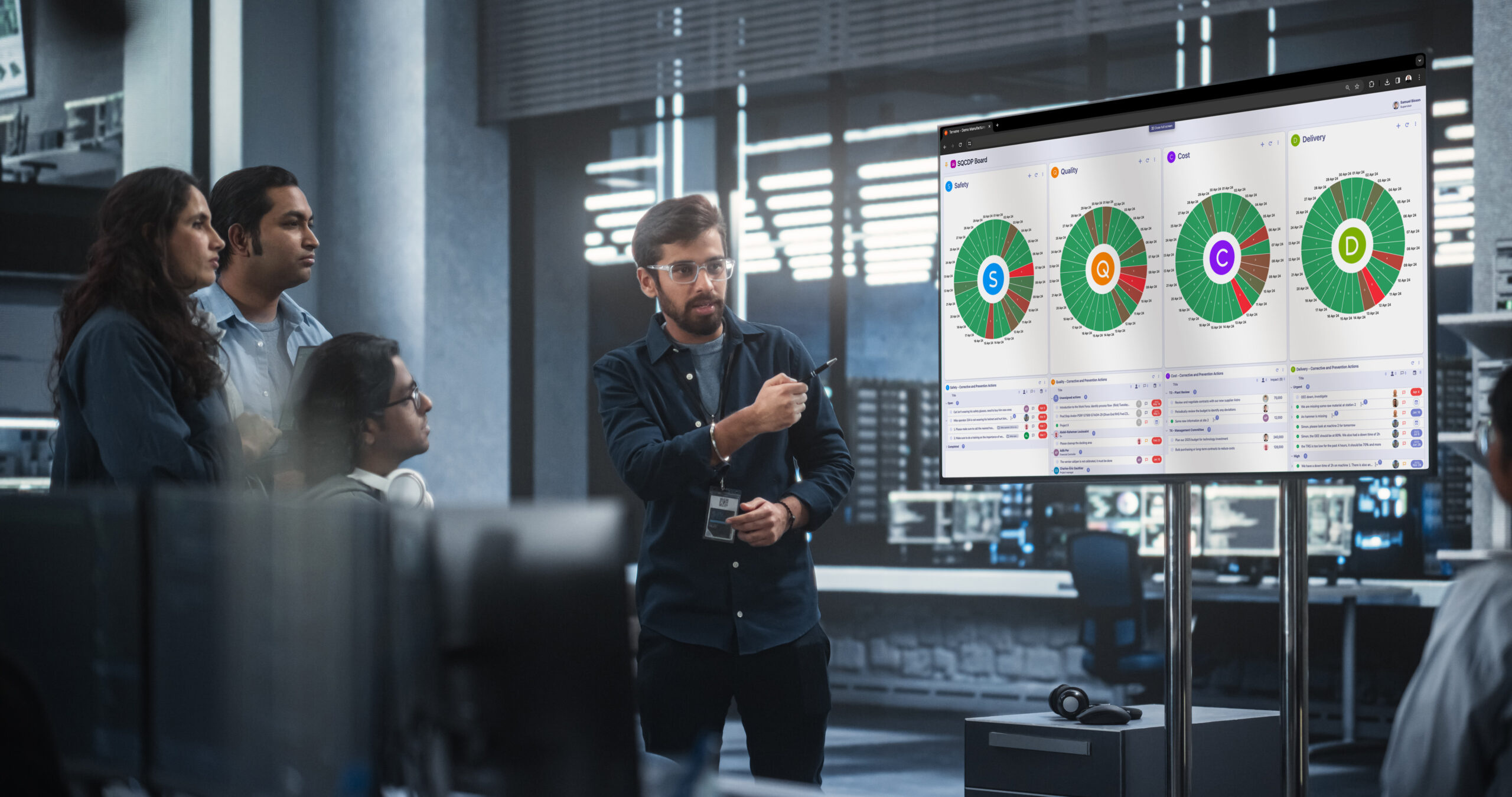
Visual Management is a system that uses visual signals—think of boards, signs, and lights—to communicate crucial information clearly and quickly. It helps everyone, from the shop floor to the boardroom, understand the status of operations, identify potential issues, and take corrective actions. Driven by its philosophy of continuous improvement, Toyota was one of the pioneers […]
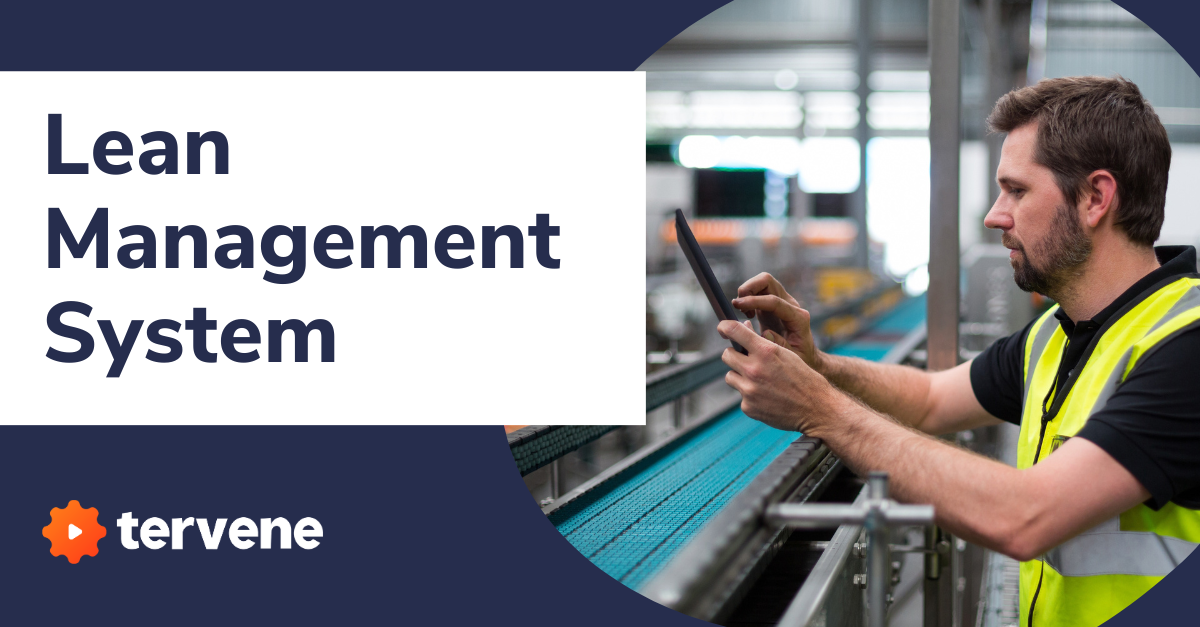
A Lean Management System is a technical and organizational solution for structuring continuous improvement in your organization. Lean Management software provides the framework for maintaining a steady and sustainable pace toward the long-term objectives of Lean. Here are explanations about the benefits of Lean Management Systems and our advice for implementing them. An LMS for […]

Key Takeaways (TL;DR): What Is an Operational Excellence Management System (OEMS)? An Operational Excellence Management System (OEMS) is an administration framework for any organization seeking peak efficiency and performance. OEMS embeds a culture of excellence and accountability at every management level. This all-inclusive system drives real change in performance, health, environmental, and safety (EHS) outcomes. […]

This article delves into how DMS, as a structured approach, significantly enhances operational efficiency and productivity in manufacturing environments. Through real-world examples and best practices, we explore the transformative impact of DMS on streamlining workflows, improving team collaboration, and fostering a culture of continuous improvement. Discover the key strategies and tools that make DMS an essential component for modern manufacturing success.

Our article provides an in-depth look at tiered meetings, a structured approach to organizing meetings across different levels of management. We explain how dividing meetings into Tier 1, Tier 2, and Tier 3 can lead to more targeted and efficient discussions, relevant to each level of the organization. The piece addresses common problems in traditional meeting setups, such as prolonged sessions and unprepared participants, and suggests practical ways to overcome these issues. It also highlights the role of digital tools in enhancing meeting productivity and accountability. Focusing on applications in the manufacturing and health sectors, the article offers insights into adapting the tiered meeting structure to various organizational contexts. This method aims to improve communication flow and decision-making efficiency in businesses.

Definition: In manufacturing, Gemba Walks involve management walking around a factory floor to identify problems and ideas for improvement.

Five steps, one system: 5S is a must for any worksite to organize and optimize its operations. It reduces daily inefficiencies, improves workplace safety, and minimizes time, movement, and resource waste. Over time, though, a 5S audit must come into play to prevent standards from going wayward. The question then is, how can one conduct […]

What Is the 5S Methodology in Lean Manufacturing? 5S is a prevalent Lean manufacturing method in factories and plants that helps organize the workspace, optimize performance, and ensure a safer workplace. Its goal is simple: create a safe, orderly environment conducive to productivity at every workstation. In this article, we’ll delve into the setup of […]

Gemba Walk Checklists help managers to: The importance of standardized checklists When not standardized, Gemba Walks may yield inconsistent outcomes. Without a structured checklist, managers conducting spontaneous Gemba Walks may address the first issues they stumble upon. This approach can vary widely depending on who is performing the walk. Bringing consistency However, standardized checklists bring […]

This guide provides a straightforward and insightful resource to understand and implement a Layered Process Audit (LPA). Discover the 12 steps for integrating LPAs into operational frameworks. What is a Layered Process Audit? Layered Process Audits (LPAs) are structured evaluations spanning multiple organizational levels to ensure adherence to established processes and enhance performance. Frontline employees, […]

The CQI-8 Layered Process Audit Guideline is an initiative from the Automotive Industry Action Group (AIAG) to improve quality and processes with a suggested framework for managing Layered Process Audits. LPAs can help to reduce the cost of poor quality (CoPQ) by conducting audits at every layer of the organization, not just focusing on the […]

The manufacturing industry has a wide range of specific workforce challenges. Unfortunately, it can be difficult to find ways to deal with these issues, especially when your daily time and energy are limited. What are the primary workforce challenges in manufacturing, and how can you overcome them to ensure organizational health? Here you’ll find useful […]

As a response to new health & safety risks and requirements, organizations have rapidly deployed measures to maintain a safe and compliant workplace while supporting daily operations. The pressure of the Covid situation has created a strong increase of digital initiatives in businesses. Many EHS managers set up connected tools to manage safety as part […]

How to Perform Continuous Improvement with Tervene In a few words: ✓ Identify improvement opportunities ✓ Log and document opportunities ✓ Schedule improvement meetings ✓ Prioritize improvement ideas ✓ Manage improvement projects ✓ Track action plan progress Related blog post: How Gemba Walks Sustain Continuous Improvement Identify Improvement Opportunities In order to generate ideas for […]

What is a Daily Management System? A Daily Management System (DMS) is a complete system that structures daily operational controls as well as continuous improvement to reach operational excellence. All levels of management know the performance of their processes, identify discrepancies from the objectives, follow key indicators and take corrective action quickly. DMS’ role What […]
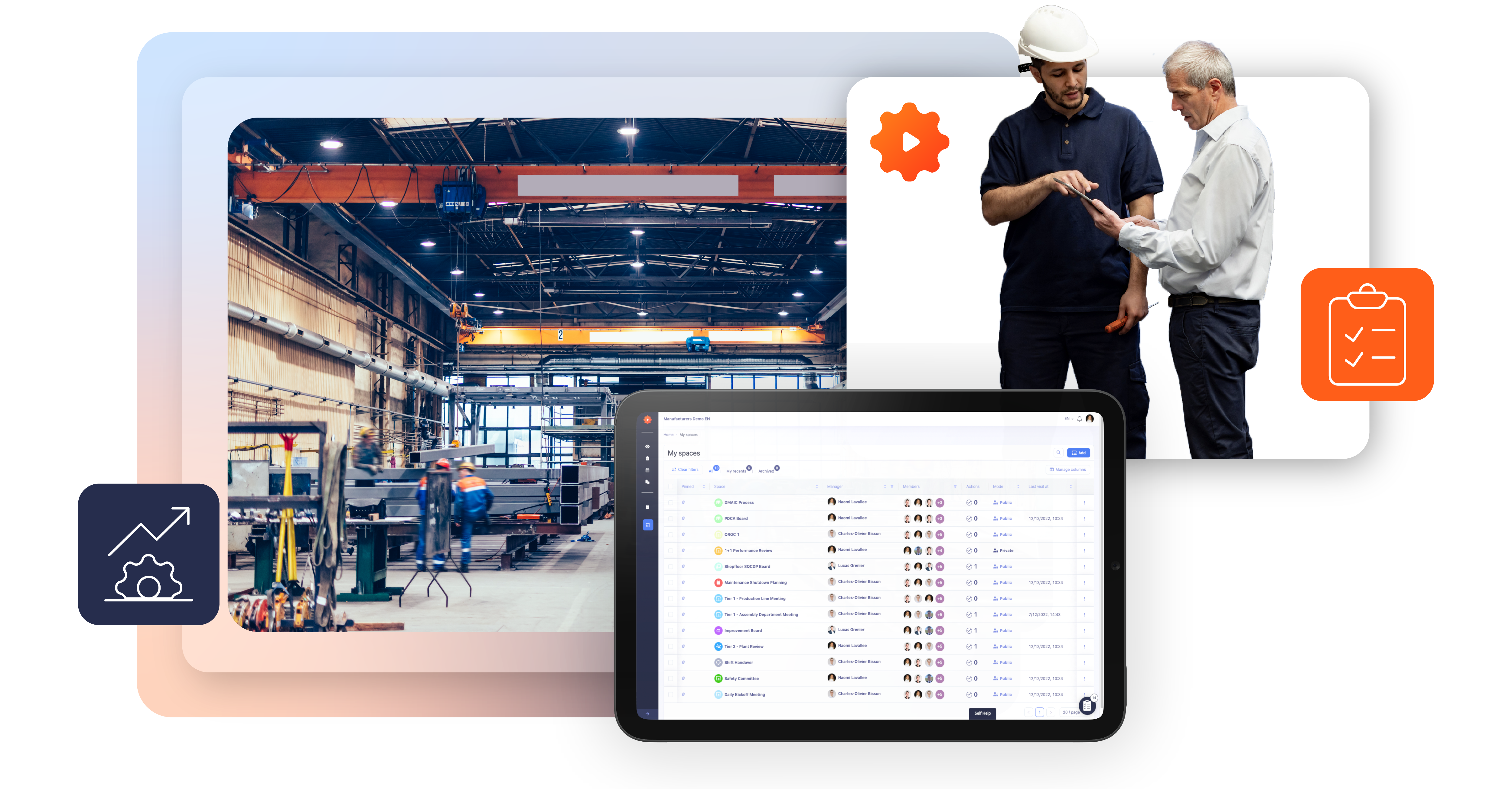
A Daily Management System, commonly referred to as DMS, is the structure by which organizations conduct operational management to ensure their day-to-day goes as planned and continuously improves. In other words, it encompasses all of the operational control activities, from the factory floor to the highest management levels.

Digital tools enable task management standardization. As a result, it is possible to prioritize, assign and monitor tasks much more effectively. Using a standard tool, everyone within the organization can collaborate.

In this series, Management practices digitalization, we’ll explore the differences between traditional methodologies and Tervene’s approach to operations management. Discover how Tervene sets the table to a successful digital transition for meetings.

In this series, Management practices digitalization, we’ll explore the differences between traditional methodologies and Tervene’s approach to operations management. Discover how Tervene sets the table to a successful digital transition for inspection processes.

In this series, Management practices digitalization, we’ll explore the differences between traditional methodologies and Tervene’s approach to operations management. Discover how Tervene sets the table to a successful digital transition for operational control.

